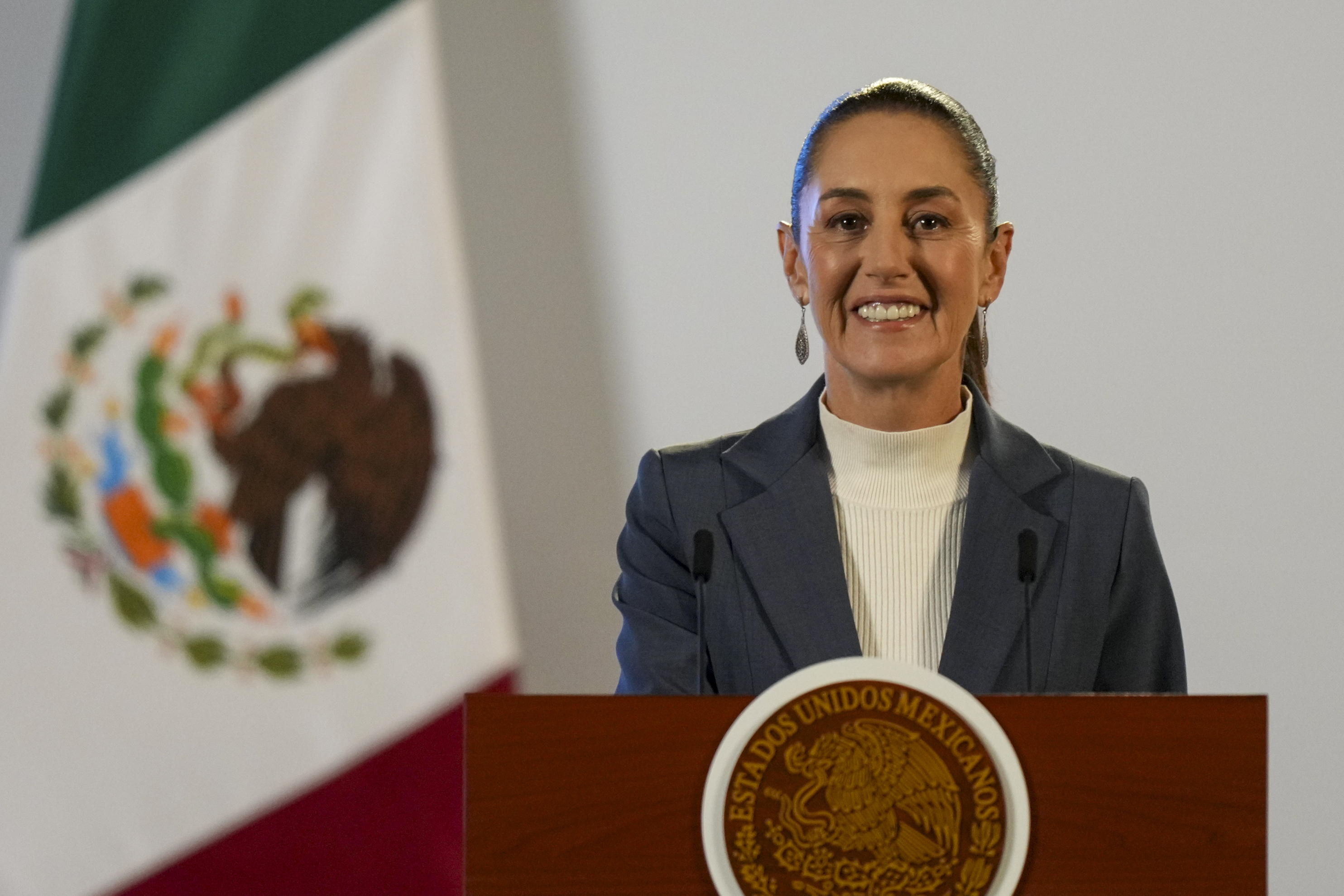After weeks of discussion, COP29 ended up producing a tepid agreement that offered developing countries less than a fifth of the money they would need to deal with climate change, which was widely panned. Some delegates called it "outrageous," and "a joke." Increasingly, even those who participate in them say that the UN climate and biodiversity processes are broken and need fundamental reform.
Despite many decades of these meetings, emissions have done nothing but rise. As Al Gore points out, it is absurd to have climate summits hosted by petrostates like Azerbaijan and UAE. But the problem goes far deeper than that. UN climate and biodiversity conferences have so far averted their gaze from the unchecked growth in human consumption and population, which is the underlying driver of both emissions and biodiversity loss. Both UN processes will be doomed to failure unless and until they focus on it.
But the problem goes far deeper than that. UN climate and biodiversity conferences have so far averted their gaze from the unchecked growth in human consumption and population, which is the underlying driver of both emissions and biodiversity loss. Both UN processes will be doomed to failure unless and until they focus on it.

While some argue that clean energy and technological fixes could allow humans to more or less maintain our current population and consumption patterns, the evidence is otherwise. Even as adoption of renewable energy expands, Greenhouse gas emissions are rising while ecological overshoot is growing ever more extreme.
The utter unsustainability of our current trajectory is even clearer to see with biodiversity collapse, because there is no imaginable technological fix for that. Precipitous decline in wildlife, plant, and insect populations worldwide has no solutions that don't involve drastic changes in our consumption levels and/or numbers.
Human developments destroy habitats species need to survive. Our food systems replace wildlife and native vegetation with farmed animals and crops to feed them. Human population growth drives growing demand for minerals and metals the mining of which lays waste to entire ecosystems.
Every two years the UN Biodiversity Summit makes a show of addressing these issues. This year's meeting revolved around implementing the commitments made at the previous summit two years ago, from reducing subsidies for biodiversity-destroying companies to increasing urban green space, and biodiversity finance—mechanisms by which wealthy countries, mostly in the Global North, can fund conservation of the biodiversity-rich places, mostly in poor countries in the Global South, whose natural resources were plundered to enrich the Global North. There were earnest discussions of wealthy countries paying their fair share, of private-sector mobilization through "biodiversity credits," and of giving Indigenous Peoples a substantive role in negotiations.
None of it is working. Despite 16 Biodiversity COPs over the past 30 years, biodiversity is in freefall. Monitored wildlife species populations worldwide have crashed 73 percent over the past 50 years. One million face extinction over the next century.
Agriculture, particularly animal agriculture, is a major greenhouse gas emitter and by far the greatest threat to biodiversity. Grazing land for livestock and cropland devoted to their feed occupy 40 percent of the planet's ice-free land area, rendering it inhospitable to the vast majority of other creatures. Overfishing poses by far the greatest threat to sea life, as global production of fish and seafood has quadrupled over the past 50 years.
The solution seems obvious enough: adopt plant-based diets. But as with the climate summits hosted by petrostates, among the "stakeholders" represented at Biodiversity COP meetings are lobbyists for the meat industry.
The best efforts of vegan and vegetarian movements over the past 50 years have been outpaced by population growth adding 4 billion people, most of whom seek a North American-style, meat-heavy diet.
Meat consumption has been rising steadily with the growth of the global middle class, which already comprises half the world's population and will reach 5 billion by 2030 - with the most rapid growth concentrated largely in China and India. Along with more meat, its consumption aspirations include more highly processed foods, personal automobiles, gadgets, appliances, vacations, and fast fashion that have put biodiversity loss and climate change into overdrive.
It is absurd for apologists for these trends to try to parse out the relative impacts of population vs. consumption. They go hand-in-glove and set up a multiplier effect of devastating impacts on the natural world. Extinction rates and human population growth march in lockstep, tracing parallel paths of exponential growth since 1800.
This points up an approach to conservation that should be at the top of the UN summit agenda: stabilizing and reducing human population through concerted, rights-based, voluntary international family planning.
Despite hand wringing over population decline in certain countries, global population is still growing by 80 million people each year. That growth is concentrated in poorer countries, where women and girls lack reproductive choice or empowerment, making it hard for them to resist powerfulpronatalist pressures from husbands who forbid contraceptive use, political leaders who ban abortions, and cultures that glorify childbearing and forbid discussion of alternatives.
Wherever women gain some ability to control their reproductive choices, birth rates fall, which underscores how family planning upholds human rights for women and girls while also protecting the environment and climate. Yet at no time have biodiversity or climate summits seriously considered the need to scale back human population or consumption.
After decades of failure, it is time to exhort the UN, the NGO community, and world leaders to embrace the goal of contracting the human enterprise and its planetary impact, and make massive international investments in family planning, education, and empowerment of women and girls. Unless and until we stop ducking population and consumption issues, we won't be able to stabilize the climate or redress biodiversity loss.
Kirsten Stade is a conservation biologist and communications manager of the NGO Population Balance
The views expressed in this article are the writer's own.



















 English (US) ·
English (US) ·